What Should Rock Wool Production Line Manufacturers Do to Respond to Market Changes?
The construction industry has always been committed to finding more environmentally friendly and energy-efficient building materials in order to reduce the consumption of natural resources and pollution to the environment.
Traditional rock wool production methods usually require significant human labor input, which not only causes severe environmental pollution but also results in low production efficiency. The emergence of rock wool production lines has not only achieved the production of green building materials but also reduced labor costs for clients and improved work efficiency, aiding in the realization of modern production management.
However, in the current context of a sluggish insulation market and overproduction, manufacturers of rock wool production lines need to adopt corresponding measures to cope with these challenges.
Specifically, manufacturers of rock wool production lines should continuously monitor industry trends, policy directions, and market demand changes through market research, to promptly adjust their production plans and sales strategies.
In terms of optimizing production processes, these manufacturers can introduce advanced production management systems to achieve automation and intelligence in the production process, thereby improving production efficiency and product quality.
In terms of technology development, manufacturers should increase research and development investment and collaborate with universities and research institutions to jointly promote the innovation and development of rock wool board technology to meet the diverse needs of the market.
Expanding Sales Channels
Manufacturers of rock wool production lines can fully utilize the internet and e-commerce platforms to carry out online sales and promotional activities, thereby increasing brand awareness and market share. Meanwhile, these manufacturers can also strengthen their cooperation with industry associations and construction companies to jointly promote the application and development of insulation materials in the construction field.
Adjusting Production Scale
Rock wool production lines manufacturers should reasonably plan their production scale based on market demand and production capacity to avoid blindly expanding production that could lead to overcapacity. Additionally, these manufacturers can adopt order-based production and flexible production methods, flexibly adjusting production plans according to customer needs to effectively align production with market demand.
Establishing Brand Image and Building a Good Reputation
Manufacturers of rock wool production lines should focus on improving product quality and after-sales service levels to establish an image of honest business operations. Additionally, these manufacturers can enhance communication and interaction with clients by participating in industry exhibitions and hosting technical exchange meetings, thus strengthening clients' trust and support for the enterprise.
In summary, facing the challenges of a sluggish insulation market and overproduction, manufacturers of rock wool production lines need to take effective measures from multiple aspects.
By thoroughly understanding market changes, optimizing production processes, enhancing technology development, expanding sales channels, adjusting production scales, and focusing on brand image and reputation building, these manufacturers can overcome current difficulties and achieve stable enterprise development. At the same time, they need to maintain keen market insight and innovation capacity to respond to future market changes and challenges.


 CN
CN
 EN
EN
 fr
fr  de
de  es
es  it
it  ru
ru  pt
pt  ar
ar  th
th  pl
pl  ro
ro 

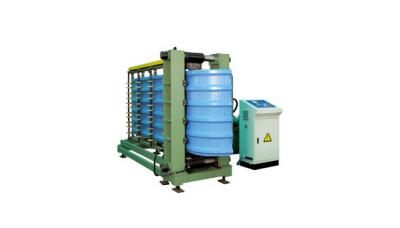
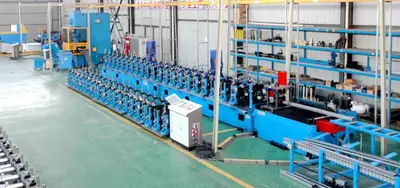
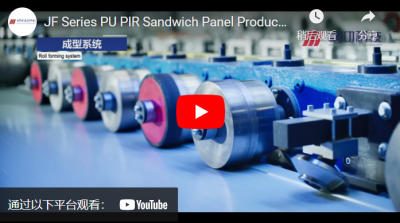
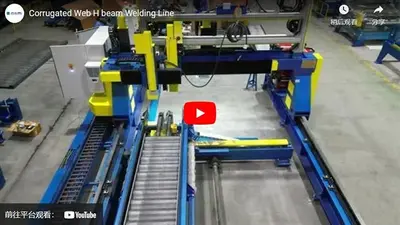
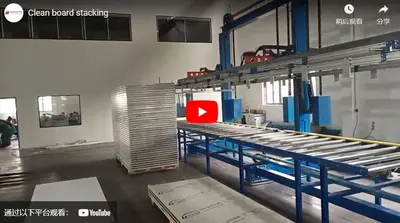

 Call us on:
Call us on:  Email Us:
Email Us:  #1809, Jianhu Rd, Keqiao, Shaoxing, Zhejiang, China
#1809, Jianhu Rd, Keqiao, Shaoxing, Zhejiang, China 